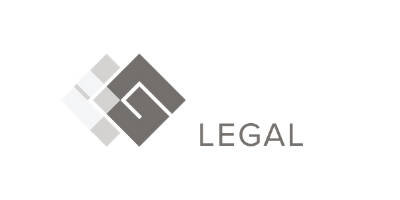How Much Does it Cost to Start a Franchise
Starting a franchise is a great way to get into running your own business, with an established brand that your customers are already familiar with.
As part of the deal, the franchisor grants the franchisee certain rights, including using the brand name or trademark and the right to produce and/or distribute their product or service.
There are also several fees and payments that come with starting a franchise, some of which are tax deductible, and some are not.
What are the Franchise Fees?
Franchise establishment fee
This forms part of the cost base for your licence for the franchise, which is a capital asset. They are a capital investment in your business and are not tax deductible.
Franchise renewal fee
A renewal fee is a charge that franchisors may require franchisees to pay to maintain their contracts. The renewal fee is usually a percentage of sales, but it can also be a flat fee. If your franchise renewal fees form part of your cost base, they will not be deductible.
Royalties, interest, and other payments
These payments cover costs like administration, advertising and technical support. Royalty payments, interest payments, and levies to the franchisor can be claimed as tax deductible, as they are an ongoing business expense.
Training fees
If the franchisor requires you to have ongoing training for you or your employees, the fees for that training are tax deductible
GST
If you are registered for GST, you may be able to claim a GST credit for the GST included in the initial franchise fee, franchise renewal fees, franchise service fees or royalties, advertising fees, transfer fees and training fees.
If you are thinking of starting a franchise business, it’s important to know what you’re getting into.
The commercial solicitors at GLG Legal are experts when it comes to every aspect of business and franchise law. Make an appointment with our team today.






